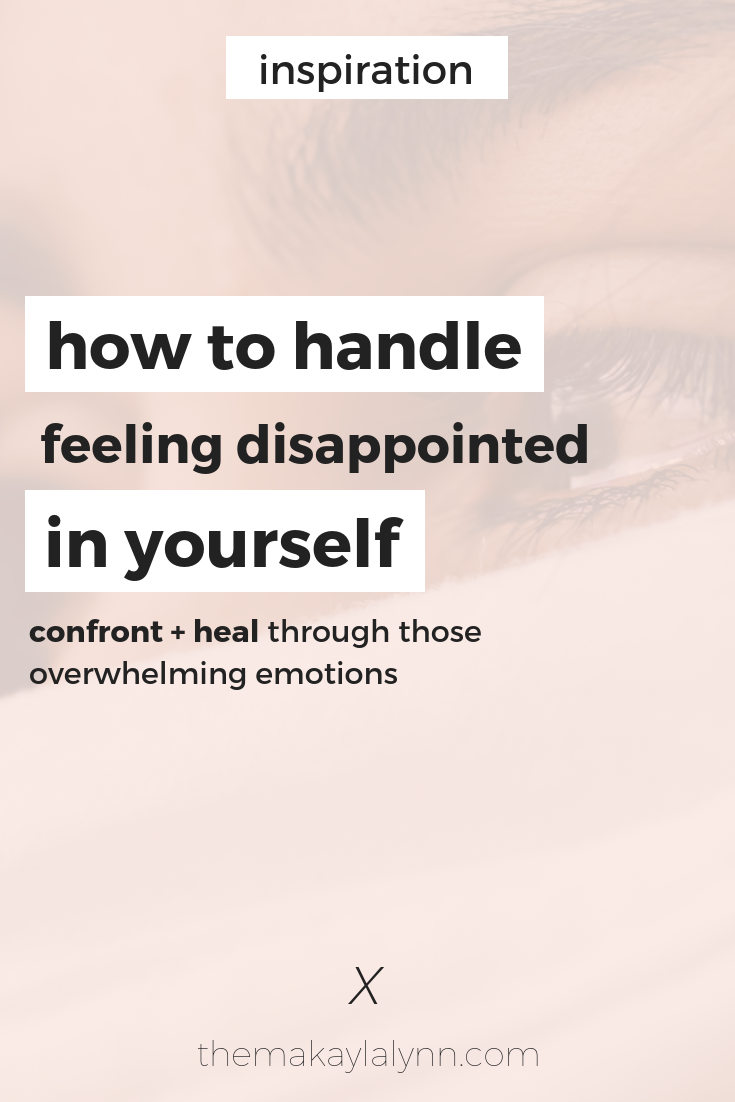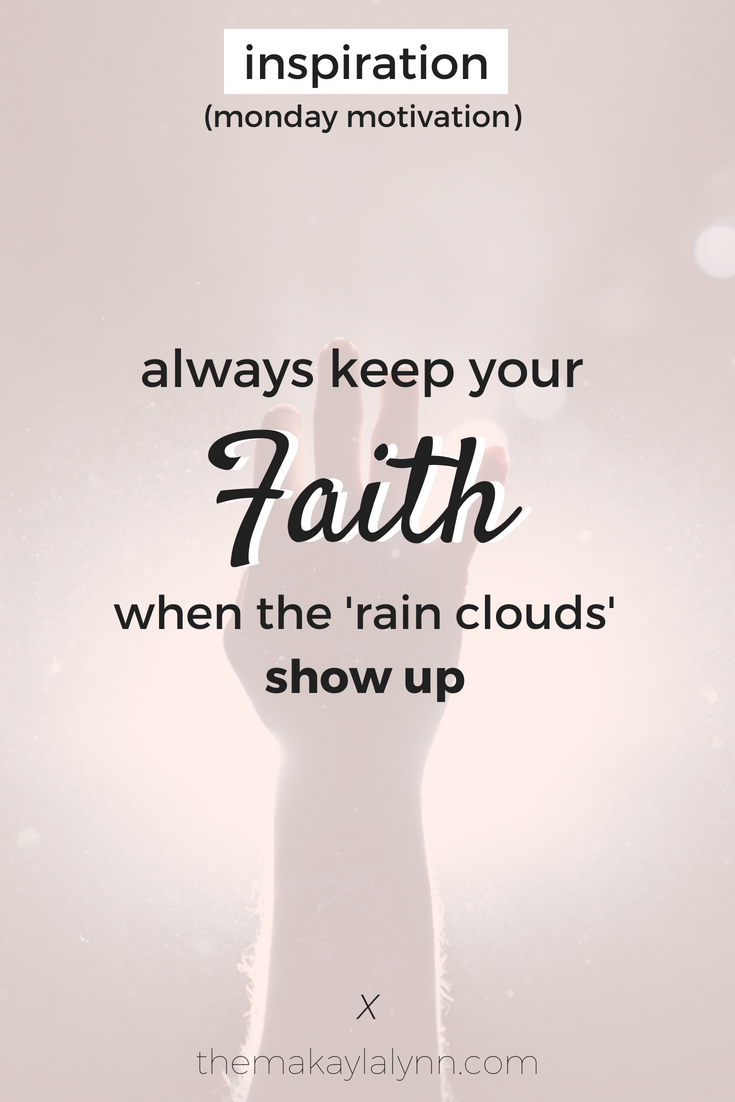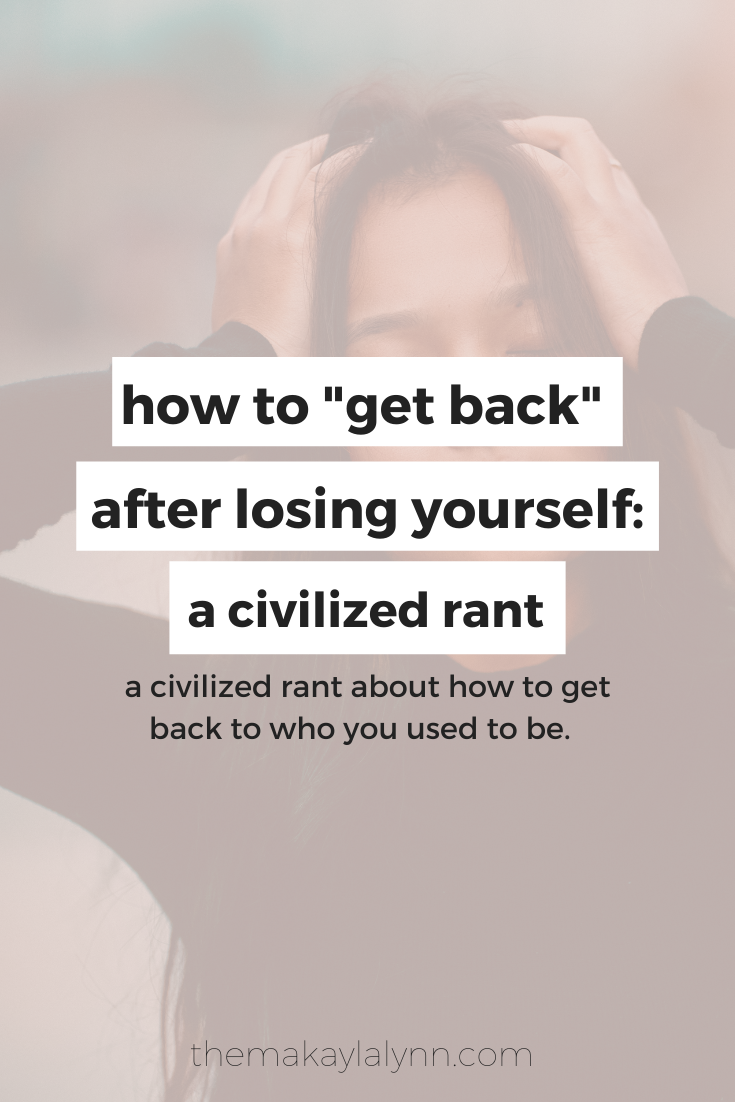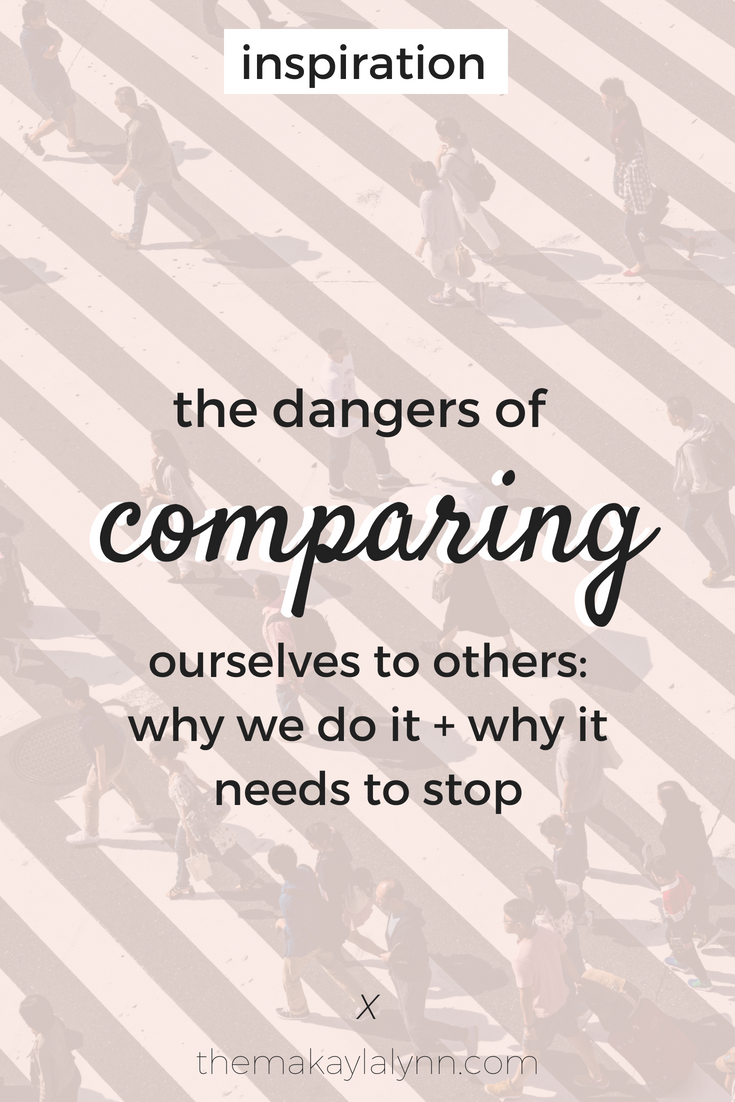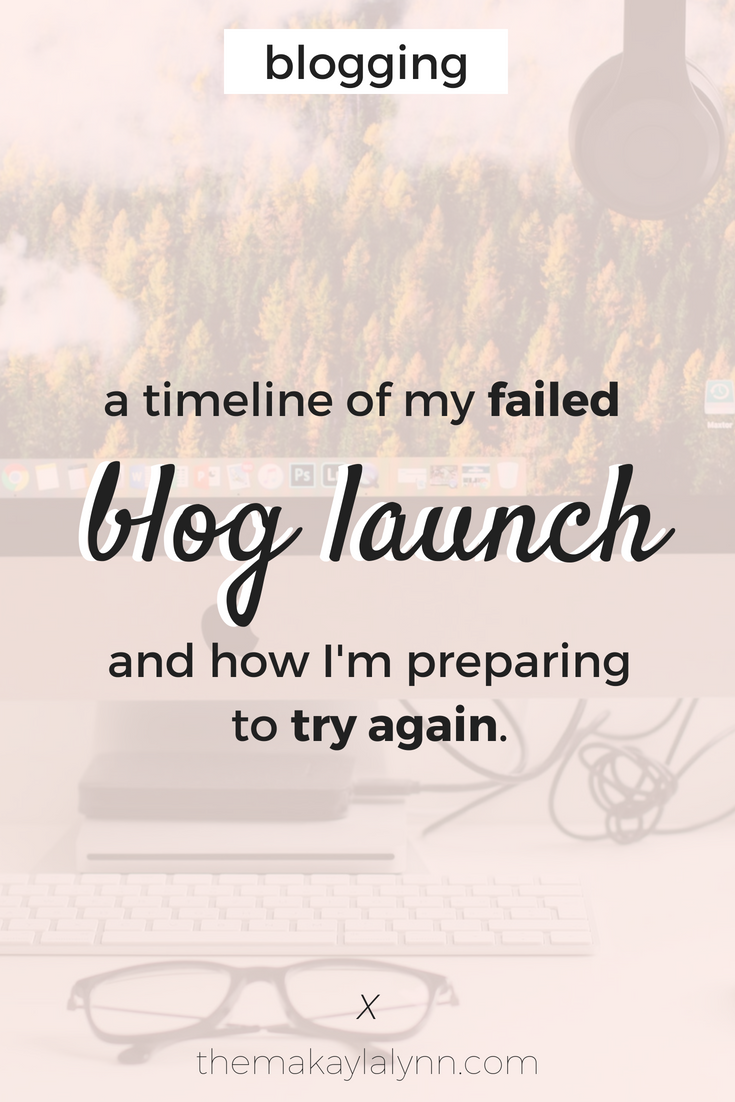How to Handle Feeling Disappointed in Yourself
It has been a while since I dropped a personal post with you all. If you’re new to my site, imagine me giving you the warmest welcome I could muster. This platform has grown tremendously in 2018 and I couldn’t be more proud of where it is headed.
If you’ve been here before, you understand how important self-reflection is to me. As a recent college graduate with a Bachelor’s degree in Psychology, I’ve always pressured myself and my loved ones to communicate or reflect in a way that is often uncomfortable.
With that said, we are going to get really REAL in this post and confront some “demons” (for a lack of a better word) to break down where the disappointment comes from and how to handle those overwhelming emotions. Let's get to it!
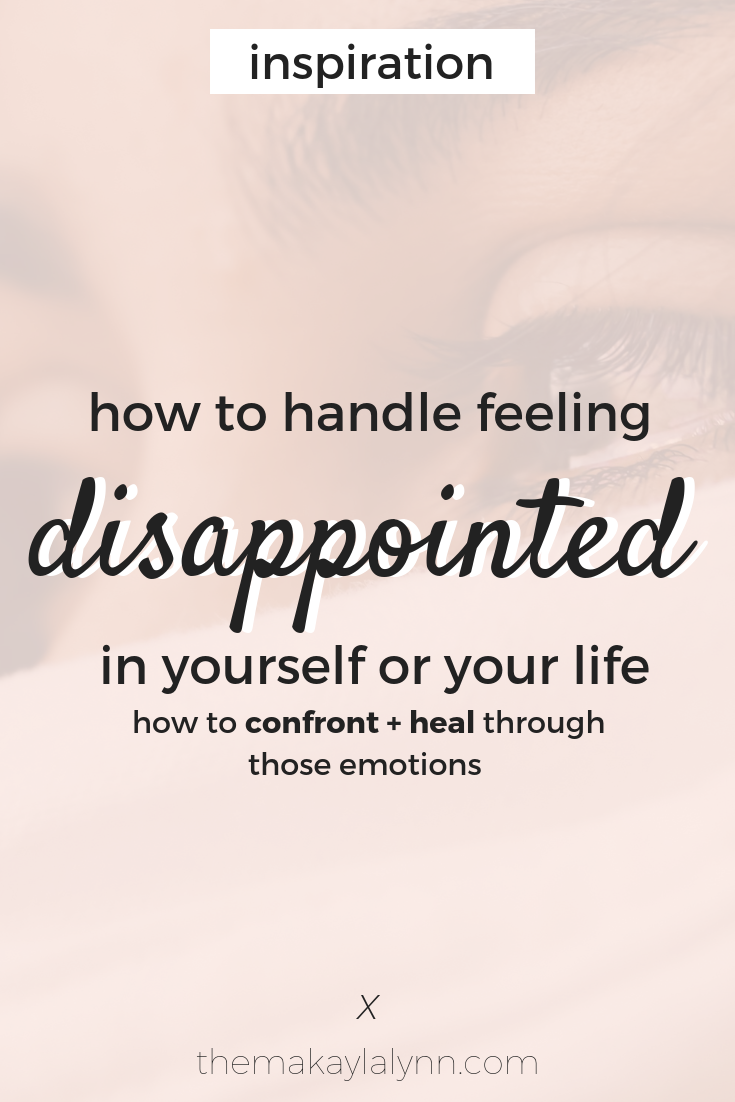
Disappointment is our messed up resolution for empty space.
This, my friends, is the theme of this post. So let me say it again…
Disappointment is the resolution, or the destination we seek, for empty space or holes in our lives that we can’t confront.
It’s one thing to feel disappointed in other people, or the outcome of an insignificant event, but it’s another to feel ashamed of oneself. Let’s be real, to resolve the emotions of being disappointed in others one can simply “forgive and forget” or become distracted by another life event.
Often times, disappointment in everything or everyone (aside from ourselves) is the easiest experience to overcome. To resolve the issue, you simply find a way to explain or excuse the reason behind your disappointment and BOOM—you’re “healed.”
Although it’s not always easy to heal for those that were deeply hurt by any given situation, the finality of forgiveness directed at OTHERS (or scenarios) is easy to visualize.
For example, many young adults have a hard time forgiving a parent that hurt them in the past. Although they may sit with that pain for years, making it look as though it’s impossible to get through, they can still visualize an outcome—good or bad.
If that young adult I mentioned above, that was disappointed in a parent, were to actually be disappointed in themselves—they wouldn’t be able to see a final outcome as easily.
Our minds, when we are experiencing grief or an overwhelming combination of emotions, can’t picture the finality of our own lives. This is why someone people convince themselves that bad times won’t get better, or believe that their biggest flaw will remain their downfall.
Disappointment is, truly, the resolution for empty space. Since we tend to forget that our lives can change dramatically in mere seconds, we believe that the heaviness of sadness surrounding our current situation is actually emptiness.
Therefore, we claim we are "disappointed, depressed, and defeated."
Now, don’t mistake the simple use of this word for the "heavy" version that I'm currently addressing. I’m not talking about those moments when we failed a test in class or forgot a significant birthday.
Being disappointed in your insignificant mistake is different than being disappointed in who you are as a decision-making human being.
Long story short, there are side effects of not being okay with yourself, and it’s about time we talked about how to come face-to-face with your inner bully.
how to confront it
Confronting what is already difficult to acknowledge is exactly what you can imagine—hard. These are the moments when people begin to seek out professional help when they feel like they can’t grasp their own inner bully. It's 100% true when people say that we can be the magicians of our mind, tricking ourselves into believing that we can’t catch up with ourselves.
These “confront your demons” stages in life also yield the birth of the “self-help” phase—when we feel as though we need to take back control of the emotions we recognize.
Ever wonder why people say “quarter-life” or “mid-life” crisis? These crises come from a feeling of discontentment during major milestones in life.
With the varying stories that people tell with their lives, both magnificent and tragic, we begin to allow jealousy to control our benchmarks. One day you’re content with your lifestyle then, the next, you see your peers doing more with their lives and begin to wonder if you’ve done enough (or are enough).
So, confronting where you are NOT rather than where you are is one way to combat disappointment in your current situation. If you accept the fact that you won’t be where or what you see online or in person, it'll become easier to avoid "avoidance."
Confronting where you are NOT can stop discontentment before it creeps in. Acceptance > Avoidance. Share on X
how to handle it
I won’t begin to explain how each person should handle disappointment aimed at themselves—considering how different our lives are on a day-to-day basis.
The one thing I can begin to help you break down is writing down what you think could improve. If you believe your financial situation is in ruin, write it down. If you feel like you can’t find happiness in your relationship, write it down. Family drama? Write it down.
Although I believe making impulsive decisions to incite change is always necessary, don’t write down negative things with the intention to “quit” or “change” your life cold turkey. Just write down what you feel needs work, even if it’s your own thoughts, to see your unspoken feelings come to life on paper.
To get transparent with you, I chose to practice what I preach and write down a few points that I know need to be addressed.

Another helpful action to combat disappointment is to practice gratitude DAILY. With the Five Minute Journal, created by Alex and Mimi Ikonn, I’ve been able to write down what I’m thankful for every morning and night.
This may seem like a juvenile resolution to implement, but it’s profound if you stick with it. Alongside writing down the positives of your day, meditating, praying, and reading a book or daily devotional—anything that's done to improve your emotional health can have a tremendous impact.
All it takes is creating a healthy habit to switch your mind from “get through the day” to “live through the day.”
If you’re not taking care of your mind and training yourself to be more disciplined, anything can cause you to feel empty. Once you start to realize and remind yourself that you are, in fact, okay (through it all), you can tackle whatever jealousy or discontentment that attempts to creep in.
Yes, you’ll still have plenty of moments when you feel disappointed in your actions or behavior, but the mindfulness you continue to practice will act as a diffuser.
Soon, you’ll be able to recognize what is you and what is beyond your usual behavior. Just like I’ve begun to notice about myself, you’ll start witnessing the growth and faults that prove you are, in fact, human.
That’s all for this post, my friends. I hope that if you read this far, you’ll begin to take my words and advice to heart.
Not only are you capable of taking back control of your mind and actions, but you’re more than ready to ban disappointment from your palette altogether.
We are all just a combination of successes and failures—all that teach us about ourselves through the process of maturity.
If you enjoyed this post, share it with your friends to spread the love. You never know who could benefit from this type of transparency during their season in life. Also, comment below if you practice or benefit from daily mindfulness!
As always,
Live Intentionally.

